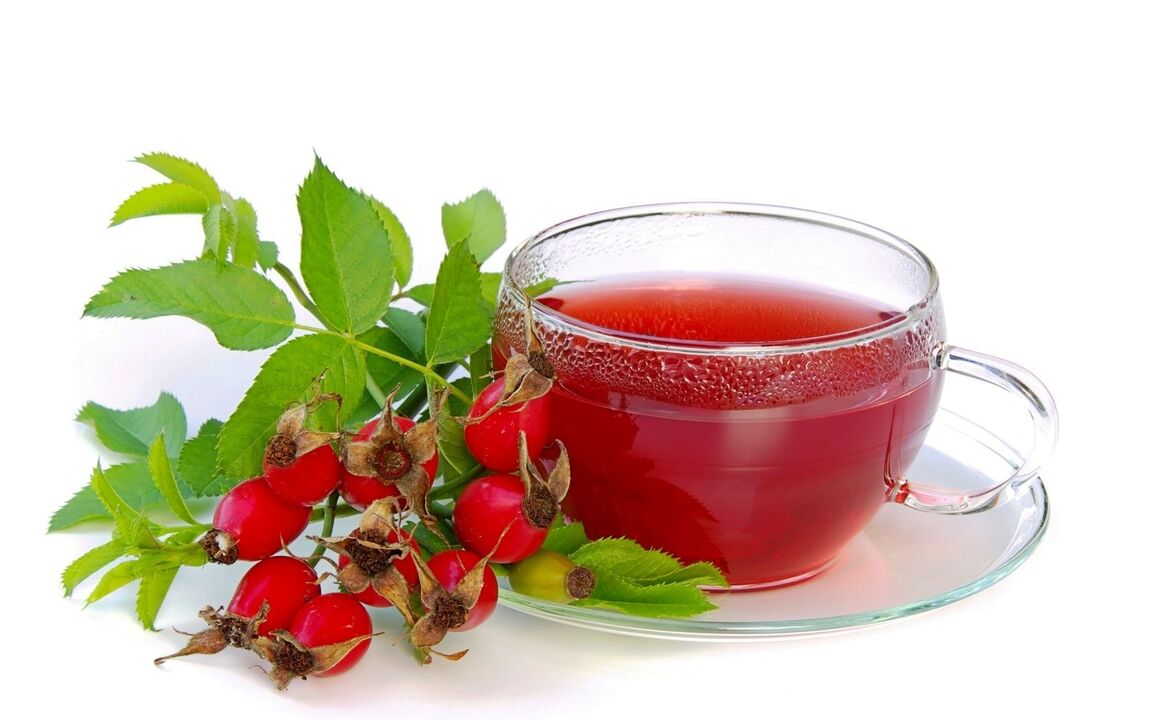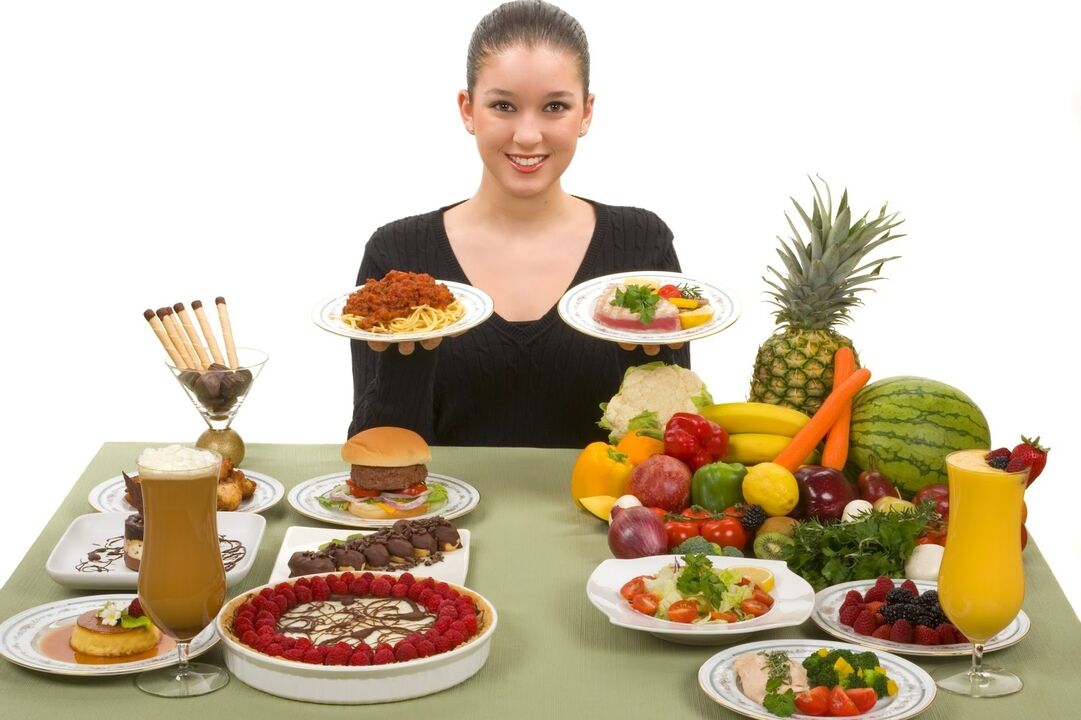Gout cannot be cured, but it can really alleviate the patient's condition and stop the progress. Medication alone does not help, the result can be achieved with moderate exercise and diet.
Diet for gout
The highest concentrations of purines are found in alcohol and red meat. Gout causes metabolic disorders that lead to the accumulation of uric acid in the body and the deposition of its urate salts in the joints. Therefore, the diet for gout is aimed at reducing the concentration of substances in the blood and normalizing metabolism. The result is the elimination of purine-rich foods from the diet. When these compounds are broken down, uric acid is formed.
Features of the diet for gout
In order to normalize metabolism, gout nutrition should be fractional. It is recommended to eat at least 4 meals a day, but in small portions. But fasting for gout and once a large meal is against rich purines, because it can lead to exacerbation of the disease.
People suffering from this disease should pay attention to the use of fluids, because drinking too much water promotes the elimination of purines from the body. It is recommended to drink about 1. 5 liters per day. Suitable for purified and alkaline mineral waters, juices or fruit drinks, milk and weak teas. Decoction or infusion of wild rose is useful, it copes with the removal of purines and improves kidney function. However, it is better to avoid strong tea, coffee and alcohol, as they can aggravate the disease.

For gout, salt in the menu should be minimal. This is due to the fact that salt can cause urate and their accumulation in the body. To prevent this, its daily dose should be reduced to 6 grams.
Consumption of animal proteins and fats, easily digestible carbohydrates and acidic foods should be limited. It is not recommended to eat fish and meat more than 2-3 times a week. They should be boiled and rarely eaten cooked. Fish, mushroom, and meat broths should be discarded, as most purines are removed during cooking.
Unwanted foods for gout are various beans and spices. The menu should exclude purine-rich grapes, figs, cranberries, raspberries, mushrooms, cauliflower, domestic products, canned fish and meat, herring, smoked meat, sausages, spinach, koumiss, chocolate, confectionery, sour cream cakes and peanuts.
The basis of nutrition for gout should be plant foods. All kinds of vegetables are useful - zucchini, cucumbers, eggplant, potatoes, carrots and white cabbage. Just eat a limited amount of radishes, peppers, celery, rhubarb and asparagus. All these products can be eaten raw or cooked in soups, stews, mashed potatoes and decoctions.
No less useful sour milk products for gout. Particular attention should be paid to low-fat varieties of cheese and cottage cheese, as well as dishes made from them. It is recommended to include cereals and pasta in the menu.

It is allowed to eat bread in moderation, in limited quantities - baking. Preference should be given to rabbit, turkey or chicken. You can safely eat fruits, berries and honey. For gout, the menu should include shrimp, squid, nuts and eggs. Sometimes you can eat sweets. Allowed include chocolate-free sweets, meringue, lactic acid and creams, marshmallows, marshmallows, dried fruits, marmalades and jams. Gout is good for olive and flaxseed oil, and butter and vegetable oils can be added to food.
If you do not follow the rules of nutrition for gout, as well as drinking alcohol, the disease can be exacerbated. It should be absorbed into the body as much as possible. It is recommended to organize a day of fasting. In the process, drink only plenty of juices or mineral water. You can keep a diet for no more than a day, then you need to switch to a normal diet for gout. It is useful to spend fasting days and prevent aggravation. They can’t be harsh and the menu includes sour milk products, fruits, vegetables and juices.

















































































